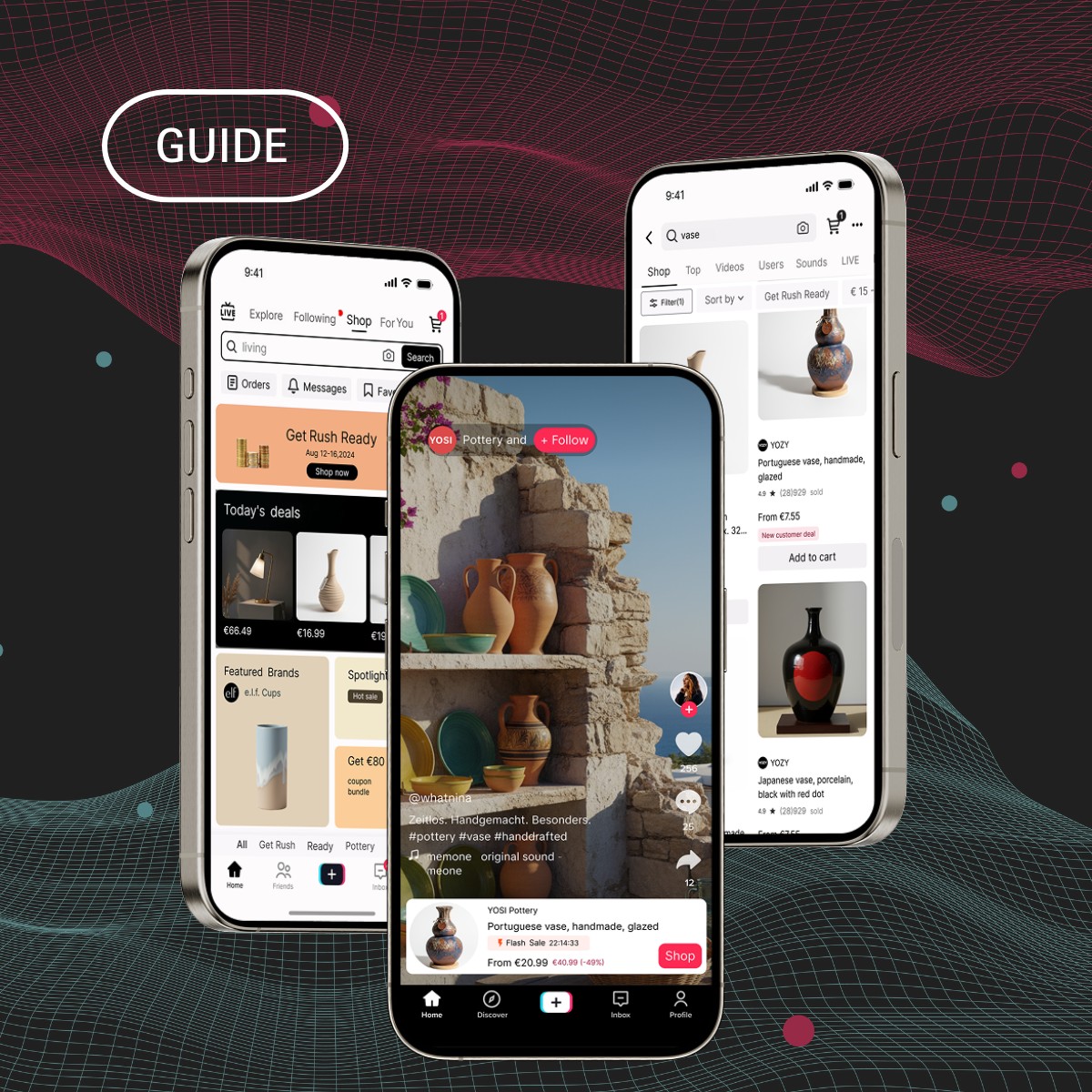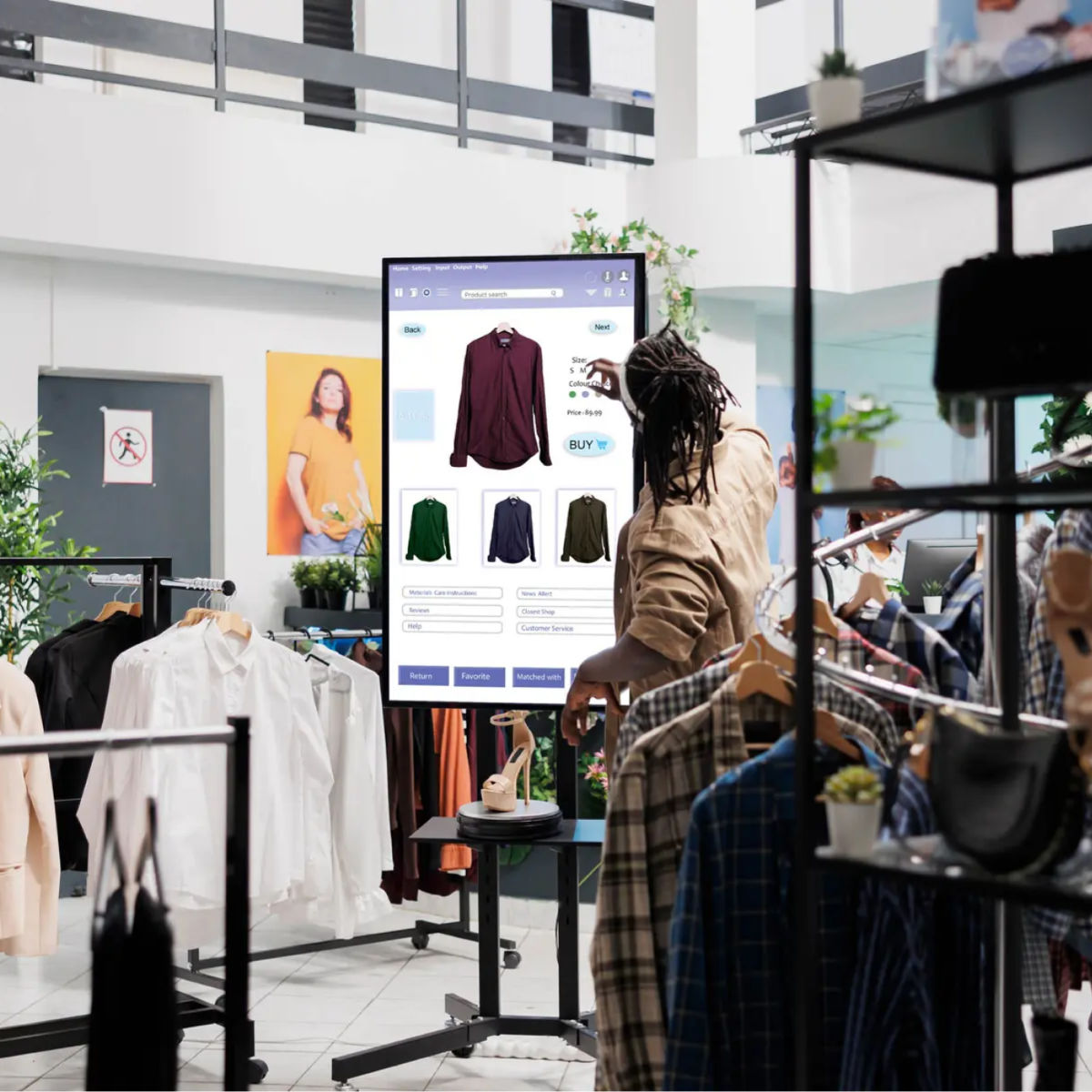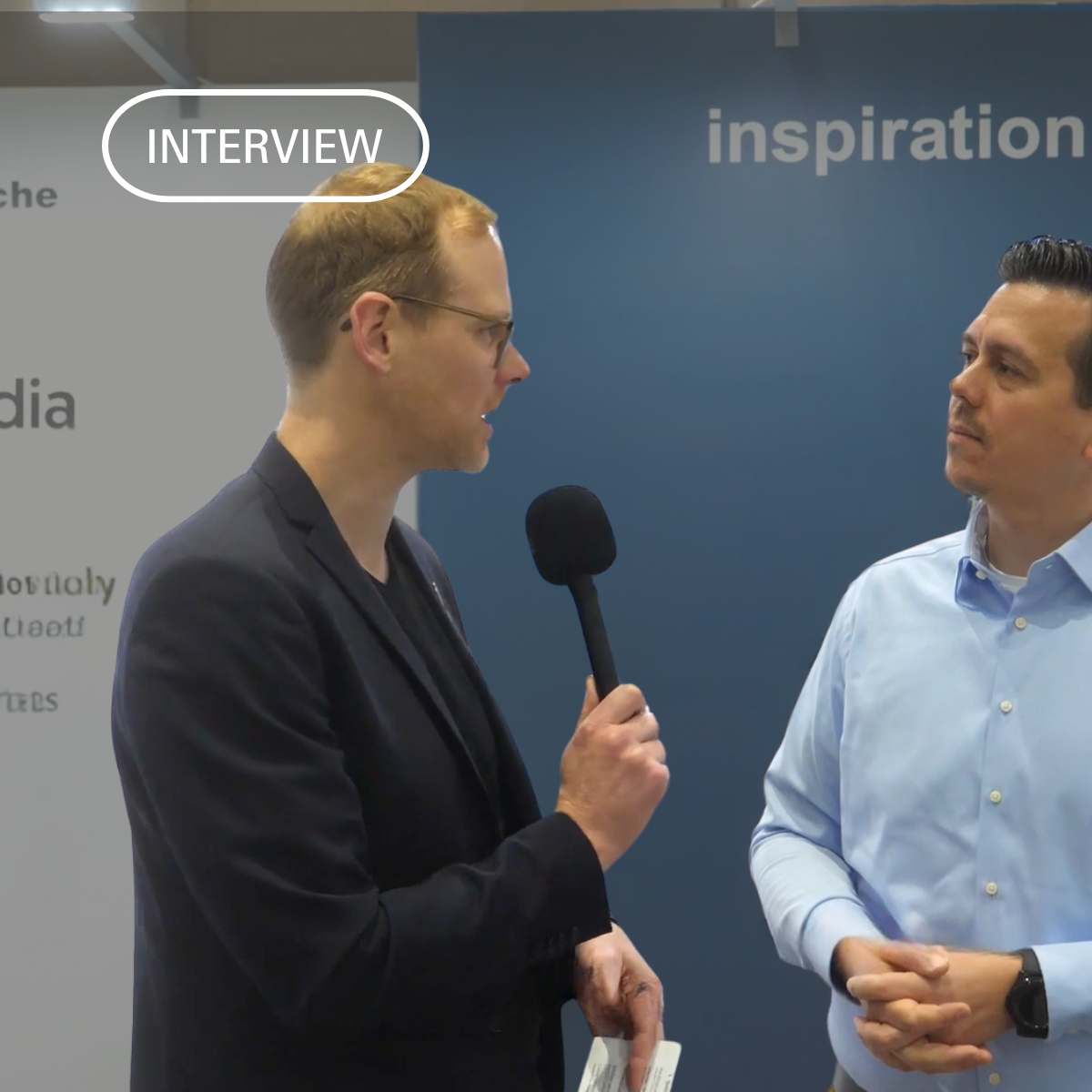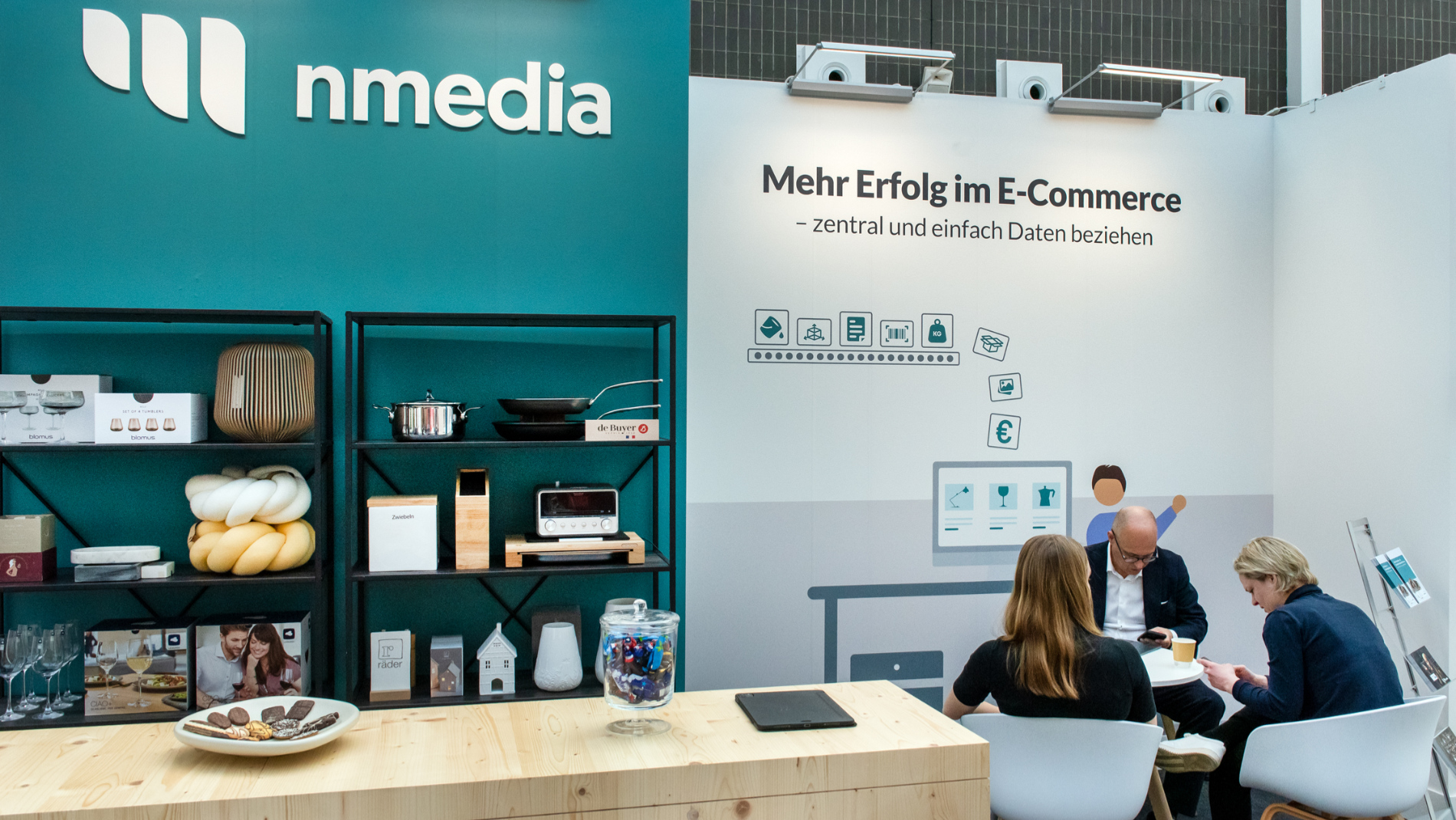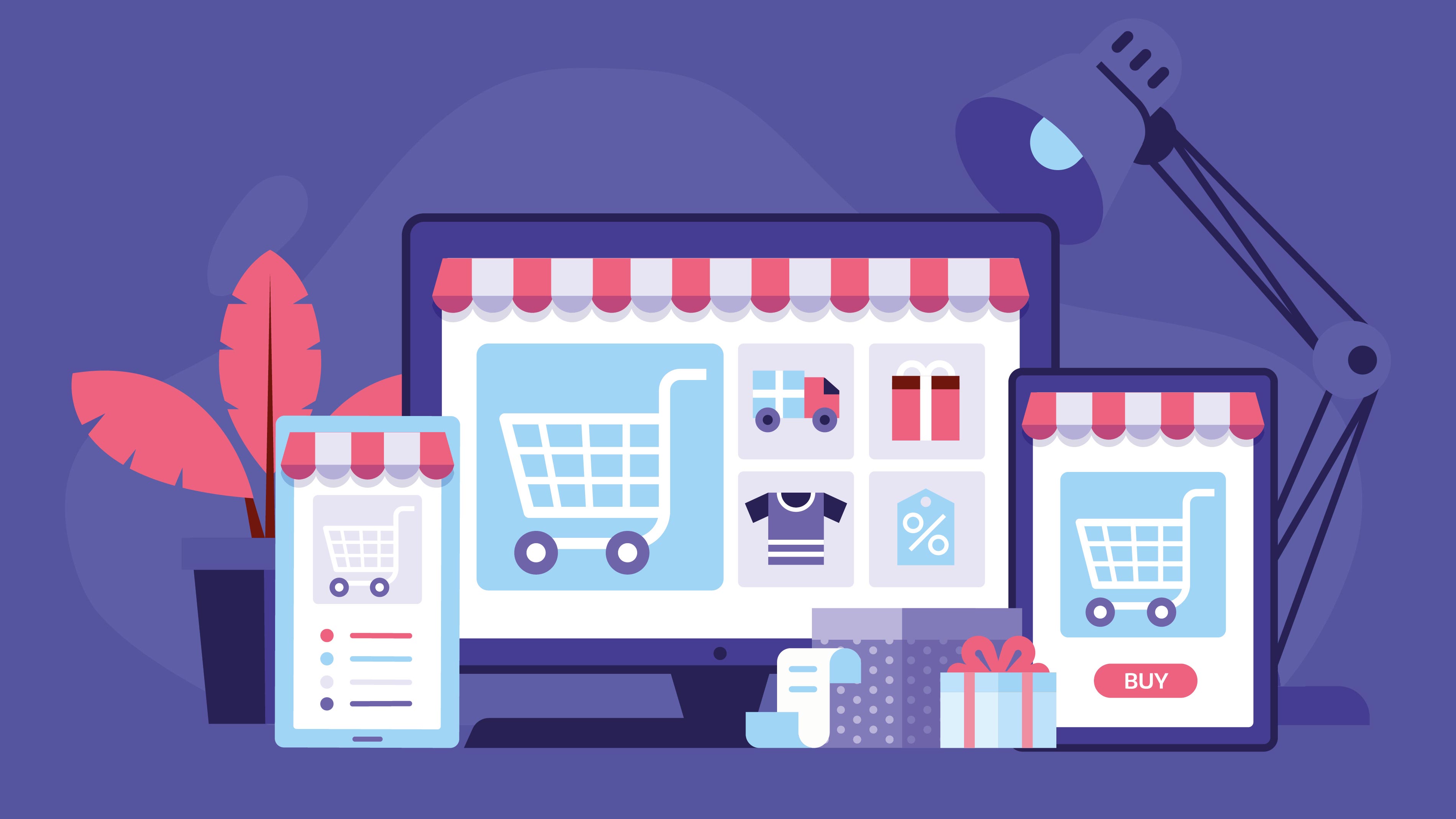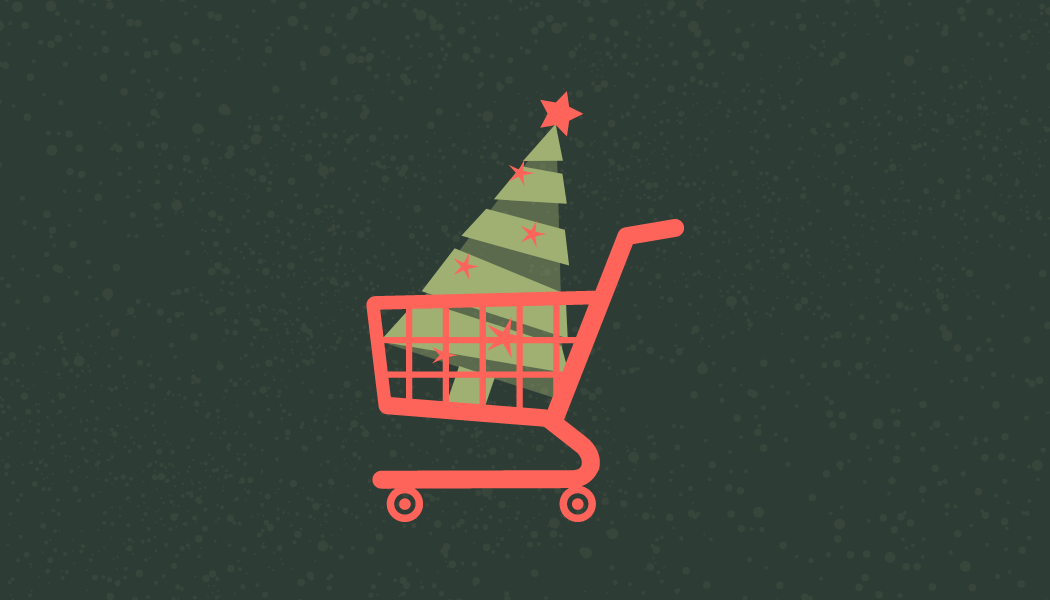Changing times, changing demands – and how can you future-proof your till? Between new regulations, smart technologies and rising customer expectations, the POS system becomes a strategic control centre. But what should retailers really pay attention to now, and what opportunities do modern solutions offer?
What types of POS systems are there?
Whether a small shop, concept store or large chain: every business needs a POS system. In general, there are three main types:
- Traditional POS systems: These usually consist of dedicated POS hardware (PC, monitor, cash drawer, receipt printer) and installed software.
- Cloud-based POS systems: Here, the software runs in the cloud and is accessible via the internet. You only require an end device (tablet, PC) and a receipt printer. The advantage: more flexibility, automatic updates and lower initial investment.
- Mobile POS systems (mPOS): These use smartphones or tablets in combination with small card readers. Ideal for small businesses, pop-up stores or mobile sales at markets and events.
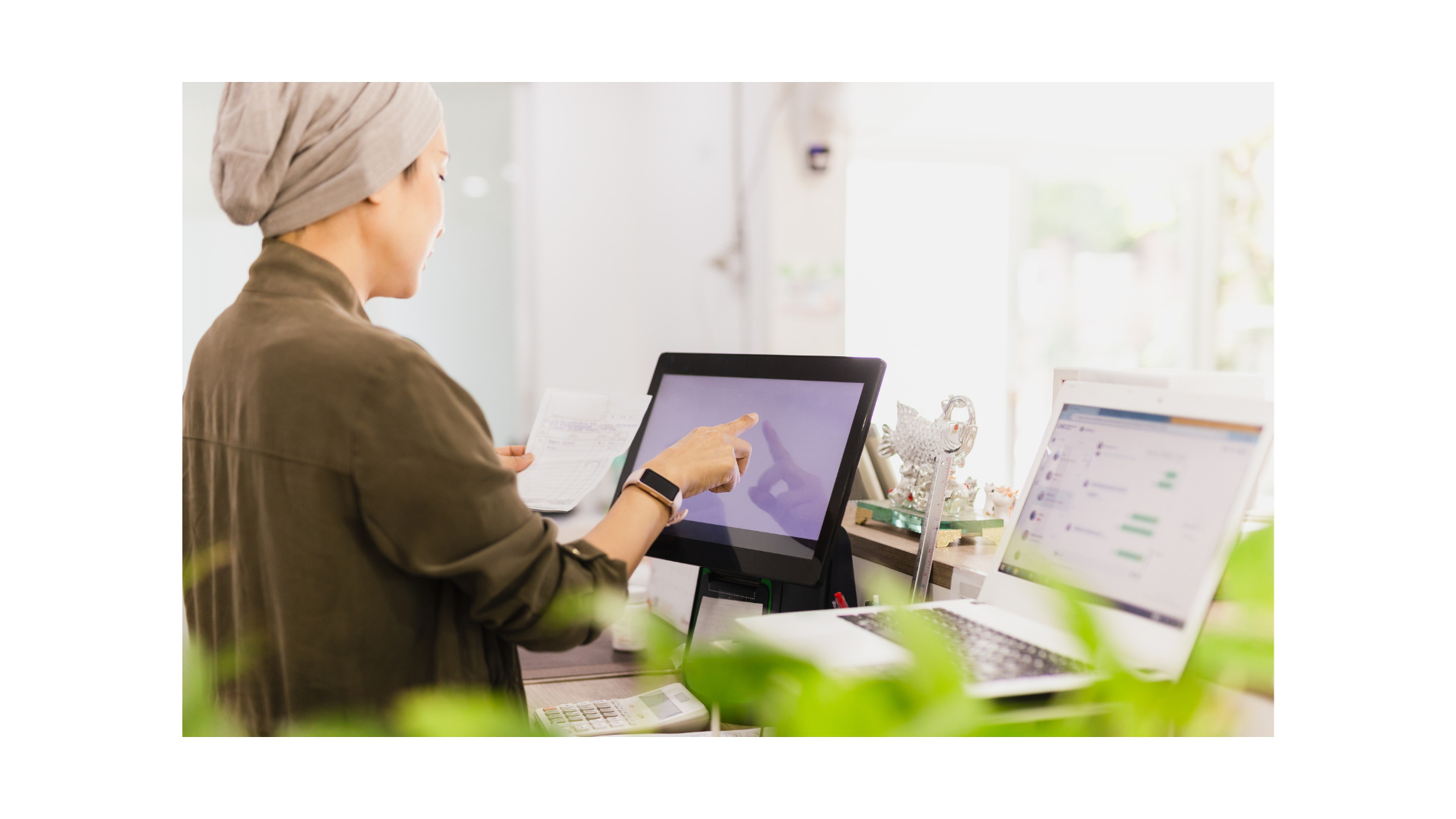
What functions should a good POS system have?
A good POS system should offer at least the following functions:
- Product management: easy creation and management of items, prices, and barcodes – e.g. adding new seasonal items with a few clicks
- Sales processing: fast and intuitive recording of sales, returns, and cancellations
- Payment options: support for various payment methods (cash, debit/credit card, mobile payments)
- Reporting: creation of revenue reports, sales analyses and financial overviews at the touch of a button
- Customer management: recording of customer data, bonus points or discounts for more targeted customer loyalty
- Stock management: overview of stock levels, automatic reordering
- Interfaces: connection to inventory management systems, online shops or accounting software
- GoBD compliance: adherence to legal requirements for POS systems
What are the benefits of a modern POS system?
A good POS system not only saves time, but noticeably improves daily operations:
- Work faster: end-of-day closing in minutes, fewer booking errors
- Sell more: product recommendations directly at check-out, higher basket values
- Plan better: sales data at the push of a button, targeted purchasing
- Be secure: audit reports and TSE status retrievable in real time
Why is now the right time to check your POS system?
In Germany, the year 2025 brings decisive changes for retail. Since 1 January: every electronic till must be registered with the tax office – via digital interface through ELSTER. For existing systems, the registration deadline ended on 31 July 2025. Similar requirements exist across other European countries, Asia and in the United States, though there are significant regional differences in their implementation.
At the same time, customer behaviour is changing rapidly: customers expect card payment, self-check-out and a seamless connection between online and offline channels (omnichannel shopping). Retailers who act now not only meet legal requirements. They also pave the way for more efficiency, turnover, and customer satisfaction.
Which technologies are really worthwhile for retailers?
Modern POS systems can do far more than just process sales. They optimise processes, save costs and improve the customer experience. Particularly interesting:
- Cloud POS instead of local installation: access from anywhere, automatic updates and live data
- Mobile solutions & self-check-out: iPads or hand scanners reduce queues and offer more flexibility
- Omnichannel functions: integrate online shop, Click & Collect or vouchers directly into the system
- Artificial Intelligence (AI): AI helps with precise sales analysis, intelligent assortment planning or automatic price optimisation
- Flexible payment types: whether debit, credit card, wallet or Buy Now Pay Later – modern POS systems cover it all
Overview of providers and features
Function / Provider
DE-comliant (TSE etc.)
Cloud-capable & usable offline
Omnichannel integration
Self-check out / mobile
AI & reporting
Cost (per till/month)
Shopify POS
low
Lightspeed
medium
Tillhub
low
GK Software
high
Vectron
medium
Note: Information should be checked individually before purchase.
POS systems: how to make the switch successful?
Introducing a modern POS system doesn't have to be a mammoth task if retailers prepare well:
- Start with a plan: what functions are needed? Where is it used (shop, mobile, trade fair)?
- Pilot operation: tests are essential – with clear goals (e.g. shorter waiting times, fewer till errors)
- Involve staff: training, POS guides and clear contact persons make a difference
- Please keep data protection in mind: e.g. DSGVO compliance (Germany), hosting location and clear deletion processes are important
- Optimise regularly: good providers offer updates, new functions and support
Conclusion: Fulfil obligations, unlock potential
POS systems in retail are more than just technology: they determine efficiency, customer experience and turnover. Those who meet the 2025 requirements and seize the opportunities of modern systems create real competitive advantages.
Frequently asked questions about POS systems in retail
How do I find the right POS system for my shop?
The choice of the right system depends on various factors:
- Size and type of your business: a small flower shop has different requirements than a large supermarket
- Budget: cloud-based systems often have lower initial costs, while traditional systems may require higher investments
- Desired functions: consider which functions are essential for your operation
- Scalability: can the system grow with your business?
- User-friendliness: is the system intuitive for you and your staff?
- Support: does the provider offer good technical support?
Why do I need a modern POS system as a retailer?
A modern POS system helps you make your operations more efficient while improving customer service. It accelerates the payment process, reduces billing errors, enables accurate inventory management and provides valuable data for business decisions. Furthermore, current POS systems ensure compliance with legal requirements (e.g. GoBD in Germany).
Can I connect my POS system to my online shop?
Yes, many modern POS systems offer interfaces to common e-commerce platforms. Such integration allows you to synchronise inventory, match customer profiles and centrally manage sales data. This saves time and avoids errors due to double data entry.
What does “GoBD-compliant” mean in relation to POS systems?
GoBD stands for “Principles for the proper management and storage of books, records, and documents in electronic form as well as for data access”. In Germany, POS systems must have a certified Technical Security Device (TSE) since 01.01.2020, which records all POS transactions tamper-proof. A GoBD-compliant system ensures legally secure storage and archiving of your data.
